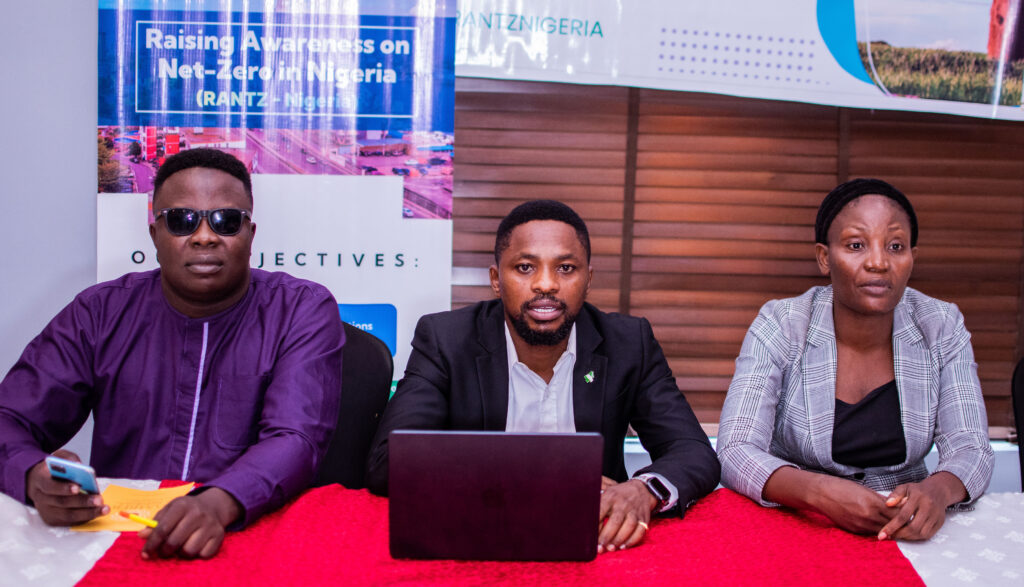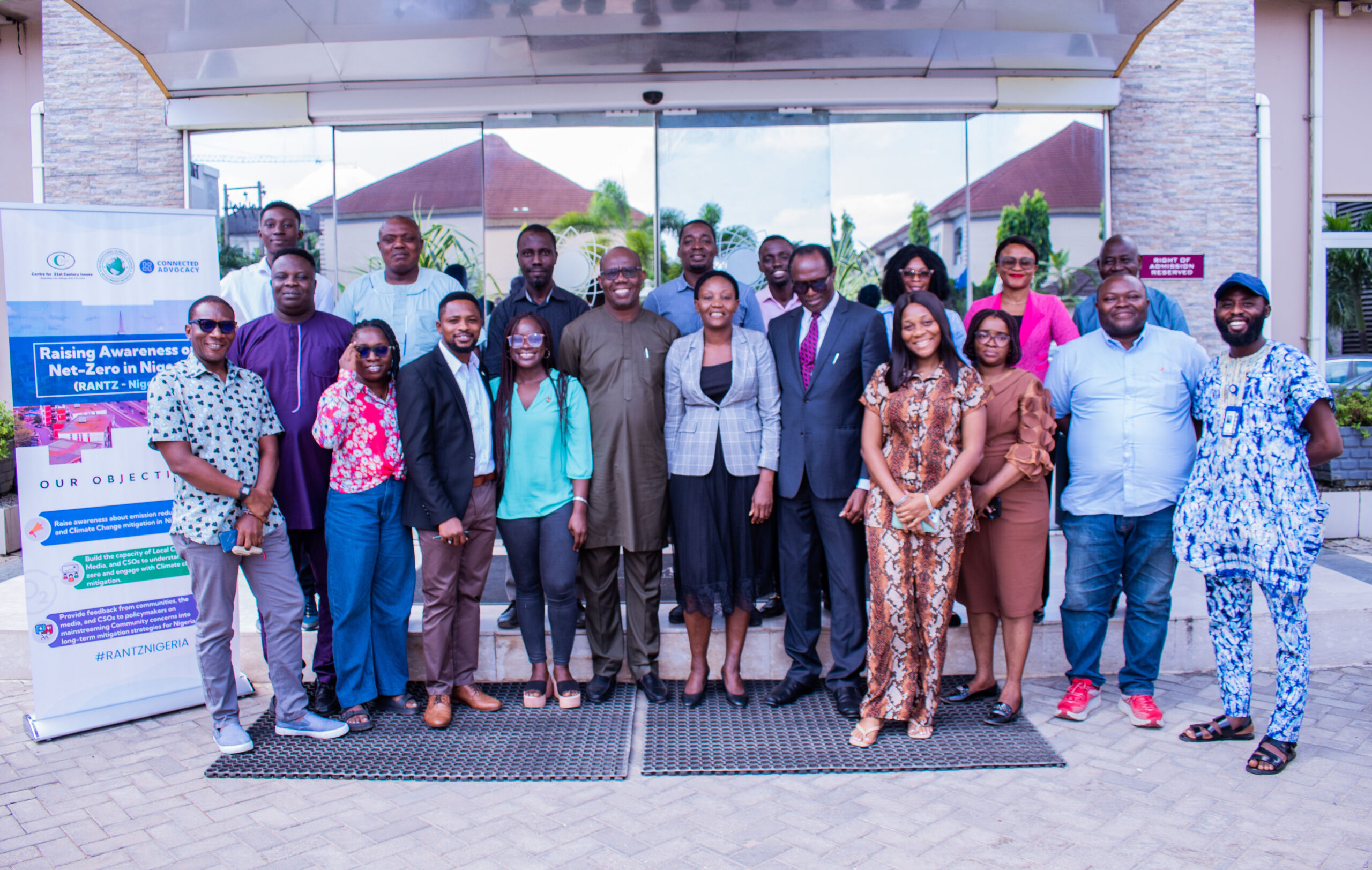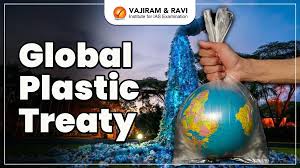- campaign to encompass Nigeria’s geo-political zones
- #RantzNigeria projected to build net-zero collaborations across sectors
- to leverage on media as key stakeholders
A group of civil society organizations have called on the media to partner with them as they embark on a campaign to raise awareness on net zero carbon emissions reduction in Nigeria.
Led by Titi Akosa of Centre for 21st Century Issues (C21ST), Olumide Idowu of International Climate Change Development Initiative (ICCDI) and Prince Israel Orekha of Connected Advocacy (CA); to support Nigeria’s low carbon transition, these three organizations shall be implementing the ‘Raising Awareness on Net Zero in Nigeria’ campaign, tagged the Rantz Nigeria Project.

The term Net-Zero is increasingly gaining momentum in the global climate space and is a term being used to convey the urgency of dep cuts and or greenhouse gas emission reductions leading to zero emissions with the aim of preventing severe climatic changes on the environment; and ultimately achieving carbon neutrality.
Incidentally, in 2021 the UN-Secretary General made a call for action “Code Red for Humanity”, referring to an Intergovernmental Panel on Climate Change (IPCC) report which called for urgent actions to avert catastrophic climate changes within the next few decades.
Having taken that call in stride, Nigeria is currently in the process of harmonizing the various low-emission strategies, masterplans and development visions it has developed over the years. This puts into perspective the country’s drive for low -carbon development while it enjoins all stakeholders including civil society to support this drive.
With the hashtag #RantzNigeria, the campaign shall initially seek to enlighten media professionals on the impact of Net-Zero as well as engage the media as partners; which was the context of a one day interactive media workshop; during which leading environmental experts made dynamic presentations.
Elaborating on Nigeria’s long term low emissions development strategies, Dr Eugene Itua expounded on the role of media to create public awareness. Dr Itua challenged the media to present accurate factual information towards guiding institutional and public decisions for an effective transition to a low emissions’ resilient future.
Prof. Emmanuel Oladipo in his presentation spoke on understanding net-zero in the context of Nigeria’s nationally determined contributions (NDCs). While NDC’s are voluntary pledges by countries to develop strategies to mitigate and adapt to climate change; there remains a huge need for pressure to ensure institutional and public compliance to meeting Nigeria’s NDC targets. This underscores the need for a campaign such as “RantzNigeria”.
According to the conveners of the workshop, the main goal of the project is to “provide information and tools to communities, media, and CSOs to take action for deep emission reductions in Nigeria”.
The specific objectives however include:
- Raising awareness about emission reductions and Climate Change mitigation in Nigeria.
- Building the capacity of local communities, media, and CSOs to understand Net Zero and engage with Climate change mitigation.
- Provide feedback from communities, the media, and CSOs to policymakers on mainstreaming community concerns into long-term mitigation strategies for Nigeria.
According to the conveners of the workshop, the media plays a huge and highly strategic role in ensuring accurate and informed reportage on net zero, with inspired focus on what net zero comprises of, the strategic targets towards achieving net zero and how it impacts on different strata of the populace.
Explaining further their objectives, the group stated they would be rolling out various engagement activities in collaboration with relevant policymakers and climate institutions in Nigeria within the next 6 months.
“We would be working in some selected states across the 6 geopolitical zones of Nigeria, partner with the Nigerian climate change council, climate change departments across the states and local governments in Nigeria,” they stated.







